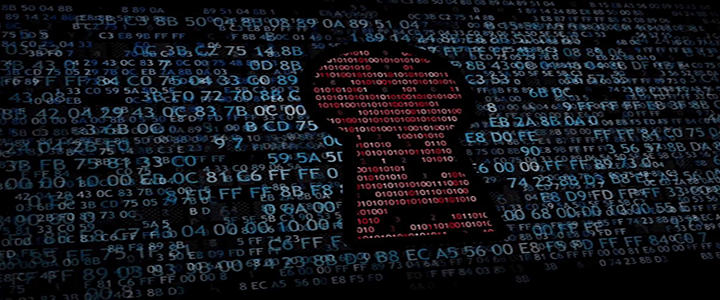Former CIA and National Security Agency Director Michael Hayden once said, “[B]less me Father, I have sinned, because I was part of it. We could be accused of nudging the militarization of cyberspace in that direction by the way we talked about it as a nation and by the way we have organized ourselves as a nation.”
We’re beyond the nudge.
PPD-41
Recall that in late summer, the White House published Presidential Policy Directive: United States Cyber Incident Coordination, also known as PPD-41. PPD-41 begins, “Cyber incidents are a fact of contemporary life, and significant cyber incidents are occurring with increasing frequency . . . .” Paragraph II of PPD-41 describes two kinds of cyber incidents to which the directive applies. A Significant Cyber Incident (we’ll call it an SCI) is one that is “likely to result in demonstrable harm to the national security interests, foreign relations, or economy of the United States or to the public confidence, civil liberties, or public health and safety of the American people.”
PROPORTIONALITY
When it comes to vitriolic political rhetoric, this year’s elections have changed everything, or so we hear again and again. One thing that has assuredly changed is the degree to which hacktivism has influenced our political process. Most recently, the Administration has pointed to Moscow, alleging that Vladimir Putin is responsible for hacking the Democratic National Convention e-mails, bringing down former DNC Chair Debbie Wasserman Schultz, and the Podesta emails that continue to seep out at Wikileaks.
If, in fact, Russia is meddling in our political process, then that would on its face meet the definition of a SCI in that it would result in “demonstrable harm to . . . foreign interests, or . . . to the public confidence, [and] civil liberties . . . .” Last Tuesday, White House Press Secretary Josh Ernst announced that “the intelligence community did announce in a statement on Friday afternoon that they have concluded that the Russian government directed the email compromises of persons and institutions in the United States, including political organizations.” The following day, Ernst said in regards to a question of proportionality that “the President will consider a range of options in terms of determining what is appropriate or proportional. But what we surely will do is deploy all the necessary resources to protect our system, and to prevent the Russians from succeeding in their attempt to undermine our political system and undermine our political process.”
ESCALATION
And this weekend, Vice President Joe Biden told NBC’s Chuck Todd on Meet the Press, “We’re sending a message. . . . And it will be at the time of our choosing. And under the circumstances that have the greatest impact.” So the Administration has made very clear that it has justification for a counter attack against Russia. If Russia—or whomever’s doing a convincing job of imitating Russia—makes another significant move, then a proportional counter attack would be all but assured. So next is to watch and wait.
As we go down this road into the plainly unknown, it will be interesting to watch how the more and more irrelevant and antiquated War Powers Act of 1973 functions not in taking the United States to a conventional war, but a cyberwar. Further, when and how will cyberwar bleed over into a conventional confrontation?




